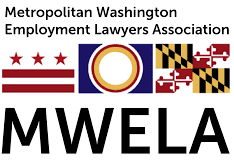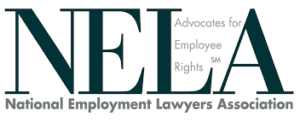The federal government’s social distancing guidelines expired at the end of April and many states have re-opened their economies, albeit at limited capacities. As more and more employers are preparing to re-open work spaces, the U.S. Equal Employment Opportunity Commission (EEOC) offered more guidance concerning COVID-19.
As of April 23, 2020 employers now have the ability to medically test their employees for COVID-19 before allowing them to enter the workplace–not just temperature checks as was originally advised. The EEOC reasoned that mandatory medical tests of employees are permitted under the Americans with Disabilities Act when they are job-related and consistent with business necessity. This new addition is reasonable considering that some people with COVID-19 do not have a fever or experience symptoms.
The Best Testing Practices
COVID-19 testing is meant to reduce the “direct threat” the coronavirus poses to the health of others. If an employer chooses to administer COVID-19 tests, they should do so in a consistent, non-discriminatory manner. Employees cannot be singled out for special testing on the basis of race, sex, religion, or other protected characteristics.
It is the employer’s responsibility to ensure that tests used are administered by trained personnel or a third party professional, reliable and accurate, that the appropriate consent and disclosures are obtained to share data between the medical provider and the business, and that the records are treated as confidential medical records, all consistent with Americans with Disabilities Act standards. Employers are encouraged to use guidance from the U.S. Food and Drug Administration about what may or may not be considered safe and accurate testing, as well as guidance from CDC or other public health authorities, and check for updates, periodically. As of the publication of this post, the EEOC has remained silent on the issue of who bears the cost of COVID-19 testing and did not suggest the use of other tests, such as antibodies tests.
COVID-19 Testing Practices in Collaboration with other practices
Employers may wish to consider the incidence of false-positives or false-negatives. Accurate testing can only reveal if the virus is currently present and a negative test does not mean the employee will not acquire the virus later. Based on guidance from medical and public health authorities, employers should still require – to the greatest extent possible – that employees observe CDC workplace practices, such as social distancing, regular handwashing, and other measures, to prevent transmission of COVID-19. Last edited May 6, 2020


